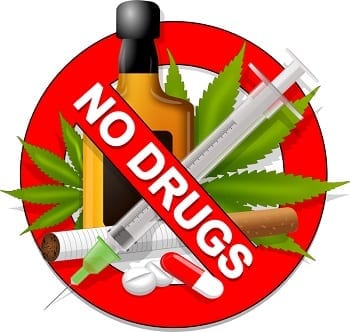Patients addicted to drugs have found that their health insurers have been declining their claims.
Breaking out of an addiction to heroin is not an easy feat, requiring intense therapy and assistance, typically in the form of an inpatient program that is often covered by many health insurance plans.
However, many policyholders are finding that when they need it, the coverage simply isn’t there.
 A program to help a heroin addict will involve an evaluation by at least one medical professional. It may also require a certain length of time – typically around 10 days – which would provide the individual with care around the clock within a safe setting. It typically also involves medications beyond the counseling meals, and guidance for helping the individual to cope on his or her own and then remain sober once released. Many insurance policies will cover this treatment, but technicalities are often standing in the way of patients who wish to make successful claims.
A program to help a heroin addict will involve an evaluation by at least one medical professional. It may also require a certain length of time – typically around 10 days – which would provide the individual with care around the clock within a safe setting. It typically also involves medications beyond the counseling meals, and guidance for helping the individual to cope on his or her own and then remain sober once released. Many insurance policies will cover this treatment, but technicalities are often standing in the way of patients who wish to make successful claims.
Often, insurance companies decline policyholders that have previously failed to stay clean.
The problem is that these heroin addicts may not have previously been through the inpatient program that is now being recommended. Therefore, their insurers are rejecting them for having failed to remain sober in lower level programs, such as cheaper outpatient programs and voluntary medication and therapy.
According to Richard Caruso, who oversees the Chemical Dependency treatment programs at Unity Health Systems, “That’s a typical response from an insurance company”. He added that “There are a lot of people who need inpatient services but because of denials from insurance companies are in outpatient.”
This could become increasingly problematic over time as heroin – a drug that had gone out of “fashion” for several years – appears to be making a comeback across the United States. This will only mean that the number of people who will need help in overcoming their addictions will continue to rise. Without the right support, it will be exceptionally difficult – if not impossible – for these addicts to be able to become clean and remain that way.
This will place the pressure on addicts and their loved ones who will need to find alternative means to pay for their treatments in an environment where demand for this care is rapidly outstripping availability.
